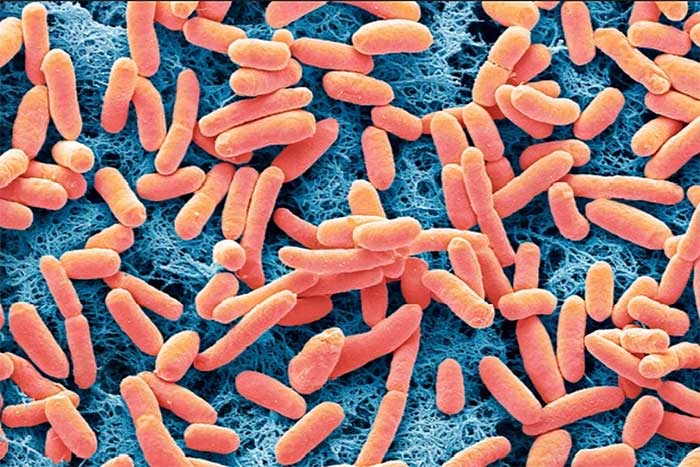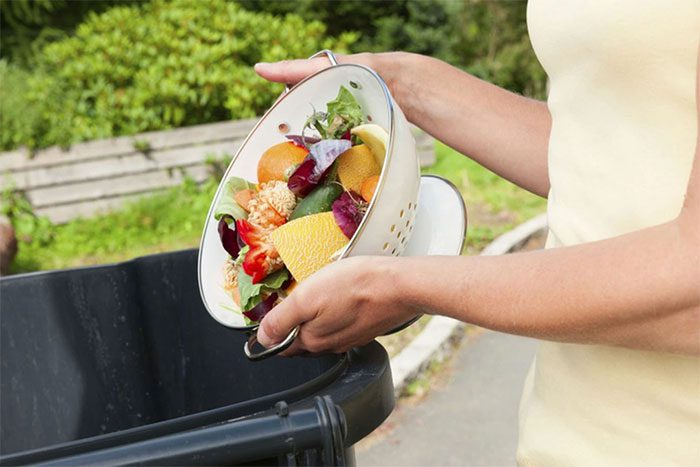In addition to its value across various industries, the production of electricity from E. coli bacteria also plays a role in the treatment of organic waste – a significant issue in many countries around the world.
Since 1911, when Michael Potter, a British mycologist, discovered that brewer’s yeast could generate electricity, scientists have been striving to harness the energy of microbial fuel cells.

Rod-shaped E. coli bacteria as seen under a microscope. (Photo: Getty).
However, the efficiency of these “bioreactors” has been too minimal for practical use. Moreover, bacteria are relatively selective about the substrates they utilize to generate electricity.
Now, a team of researchers from the École Polytechnique Fédérale de Lausanne (EPFL) has successfully genetically modified one of the most common bacterial species, Escherichia coli (or E. coli), to generate electricity from wastewater from a brewery.
“E. coli can thrive on a variety of different sources. This allows us to produce electricity in many environments, including from wastewater,” said Ardemis Boghossian, the study’s author.
To enhance E. coli’s electricity-generating capabilities, the researchers modified its genetic makeup to include protein complexes found in Shewanella oneidensis, one of the most well-known electricity-generating bacteria.
According to reports, S. oneidensis creates a current when it reduces metals. This current is relatively small and has been used to detect toxic metals such as arsenic in prototype systems.

The production of electricity from E. coli bacteria also contributes to organic waste treatment – a significant issue in many countries around the world. (Photo: Getty).
By integrating all the components of S. oneidensis into E. coli, the research team doubled the voltage output compared to previously engineered strains.
The substrate chosen for the bacteria to operate on was wastewater collected from a local brewery in Lausanne, Switzerland. Scientists noted that the genetically modified electric bacteria could proliferate by “eating” this waste.
The signals are very positive, as the genetically modified bacteria are believed to be fully adaptable to other waste streams and raw materials. This implies that E. coli may soon be tested in real-world environments.
“If E. coli adapts well, it could lead to significant energy savings for leading industries worldwide,” the research team stated.
Additionally, this approach also contributes to organic waste management – a persistent problem in many countries around the world.


















































